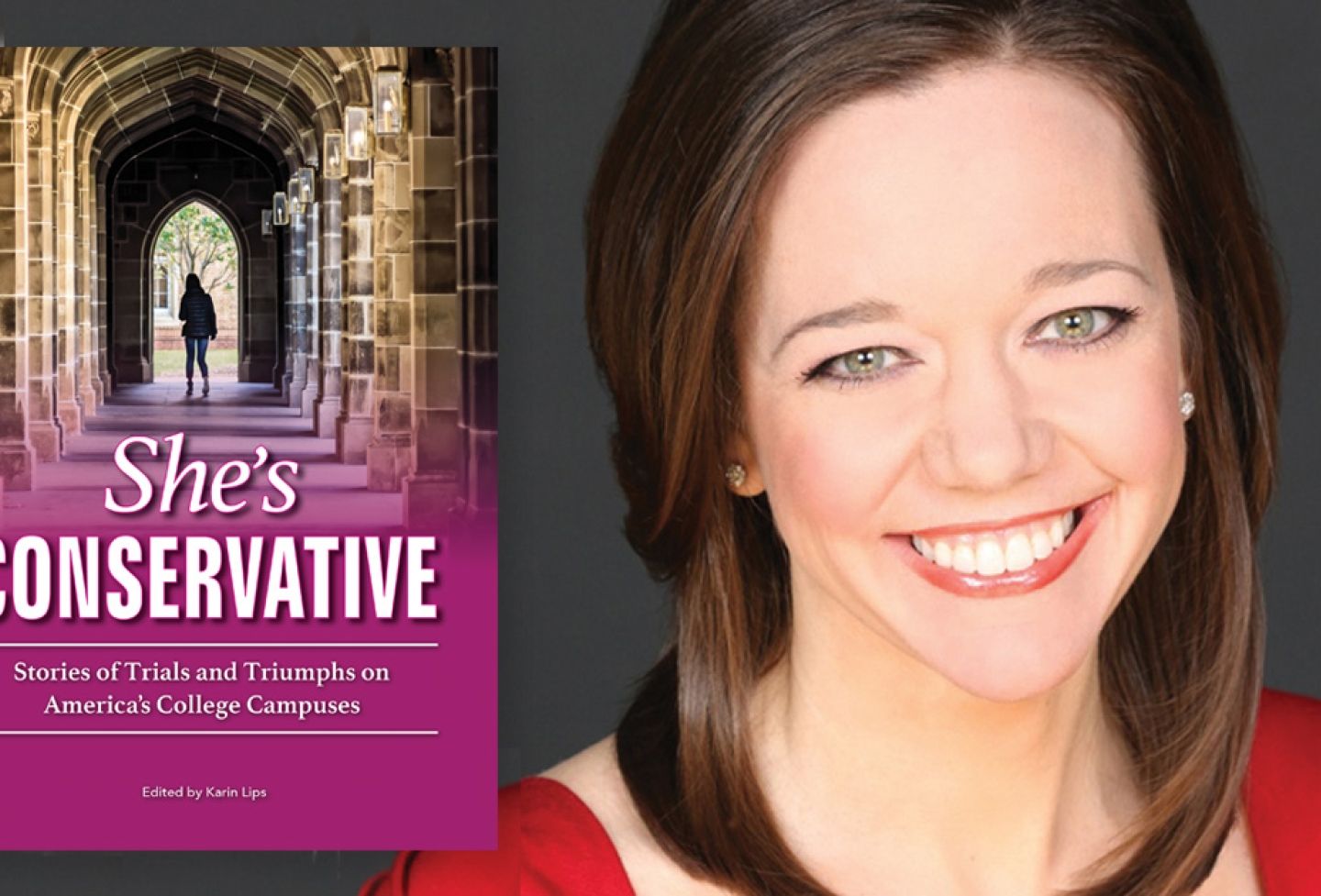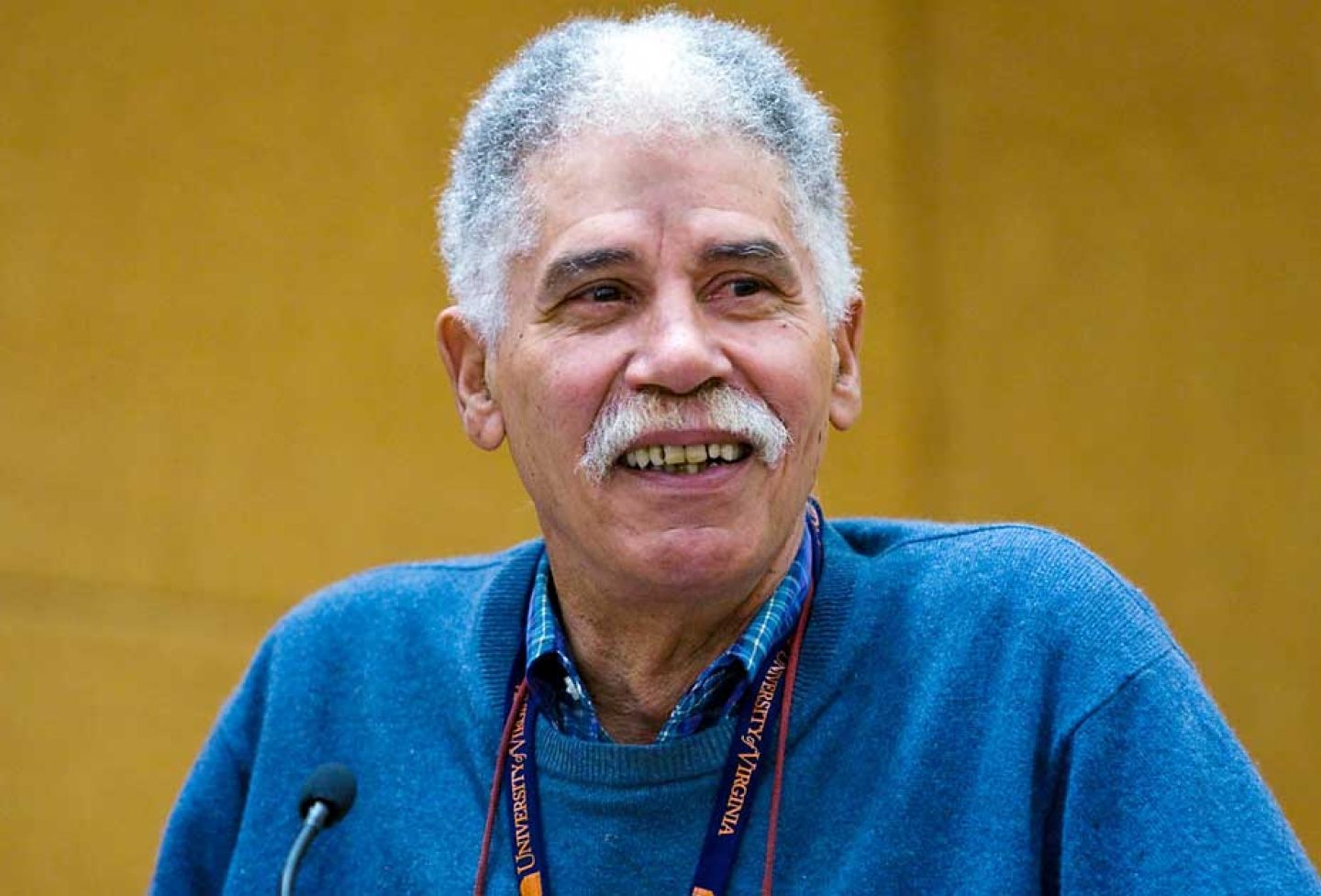In the last decade, as cities have become more assertive in adopting novel policies, we have witnessed a dramatic rise in state preemption of local laws. States have overridden or outlawed sanctuary cities, voided municipal minimum wage laws, prevented local plastic bag bans, penalized cities for adopting local gun control measures, barred the municipal regulation of ride-sharing services, outlawed local family leave policies, and required local governments to maintain Confederate monuments. These examples are evidence of an increasingly hostile state-local relationship across the country. That hostility is reflected in an urban-rural split that seems to be characteristic of the nation’s polarized politics. Though often attributed to the red-state/blue-city divide, the hostility to local policymaking is evident even in states that are dominated by one party.
This moment of increasing intrastate conflict suggests the need for a rethinking of the state-local relationship.
In many states, local governments enjoy constitutional or statutory “home rule” protections that preserve their ability to adopt ordinances without first obtaining permission from the state legislature. But these provisions do not prevent legislatures from overriding local laws with which they disagree. In many cases that means that densely populated cities and rural counties are being governed by the same “one-size-fits-all” rules. Statewide rules can be important in certain policy areas, but “uniformity” has become an excuse to reduce local government authority to the barest minimum.
The contracting of local authority increases the gap between citizen preferences and government responsiveness and contributes to political apathy. Local governments are not perfect, by any means. They can act parochially, corruptly, or worse. But the federal government and state governments are not immune from similar political pathologies. The assertion that more centralized governments will produce more enlightened governance has been regularly proved wrong. The distance between the governed and the government matters. Local governments need space to experiment even when the issues are highly contentious—and perhaps especially so.
What does true “home rule” look like? In the early part of the 20th century, Progressive Era advocates urged freedom for “metropolitan cities” to protect urban citizens from rapacious state legislatures, who regularly adopted “ripper” bills that stripped power from locally elected officials. Home rule did not mean deregulation. Cities were often on the front lines of innovative public health and safety policies. Cities were the first to regulate cigarette use and to adopt wage and hours laws. Cities have more recently been innovators in areas like antidiscrimination law and environmental protection.
The United States has long been an urban country. But at this moment in history, we are witnessing the concentration of economic activity into metropolitan regions. Consider that 52% of total U.S. gross domestic product is accounted for by 20 metropolitan areas. The New York metropolitan area alone accounts for just under 10% of the country’s total GDP. Phoenix generates 70% of Arizona’s total economic output and 71% of the state’s employment. Cleveland’s metropolitan economy is bigger than Ireland’s. The gross metropolitan product of the top 10 metropolitan areas in the country exceeds the total gross domestic product of 34 states and the District of Columbia combined.
The economic dominance of cities and the metropolitan regions that surround them has not been matched by political influence. The Supreme Court has determined that political gerrymandering is not susceptible to constitutional restraint. Anti-city gerrymanders in many states thus continue to dilute metropolitan political power.
This mismatch generates significant political dissatisfaction. One consequence is conflict. But another consequence might be institutional reform. At the beginning of the 20th century, home rule was a response to the rapidly changing economics and demographics of an industrializing country. A rejuvenated home-rule movement in the states could be the answer to the equally dramatic economic shifts that characterize the beginning of the 21st.
Richard C. Schragger, the Perre Bowen Professor of Law and a senior fellow at the Miller Center, is the author of “City Power: Urban Governance in a Global Age.” This op-ed draws from his articles “The Attack on American Cities,” 96 Texas L. Rev. 1163 (2018), and “Federalism, Metropolitanism, and the Problem of States,” 105 Virginia L. Rev. 1537 (2019).



